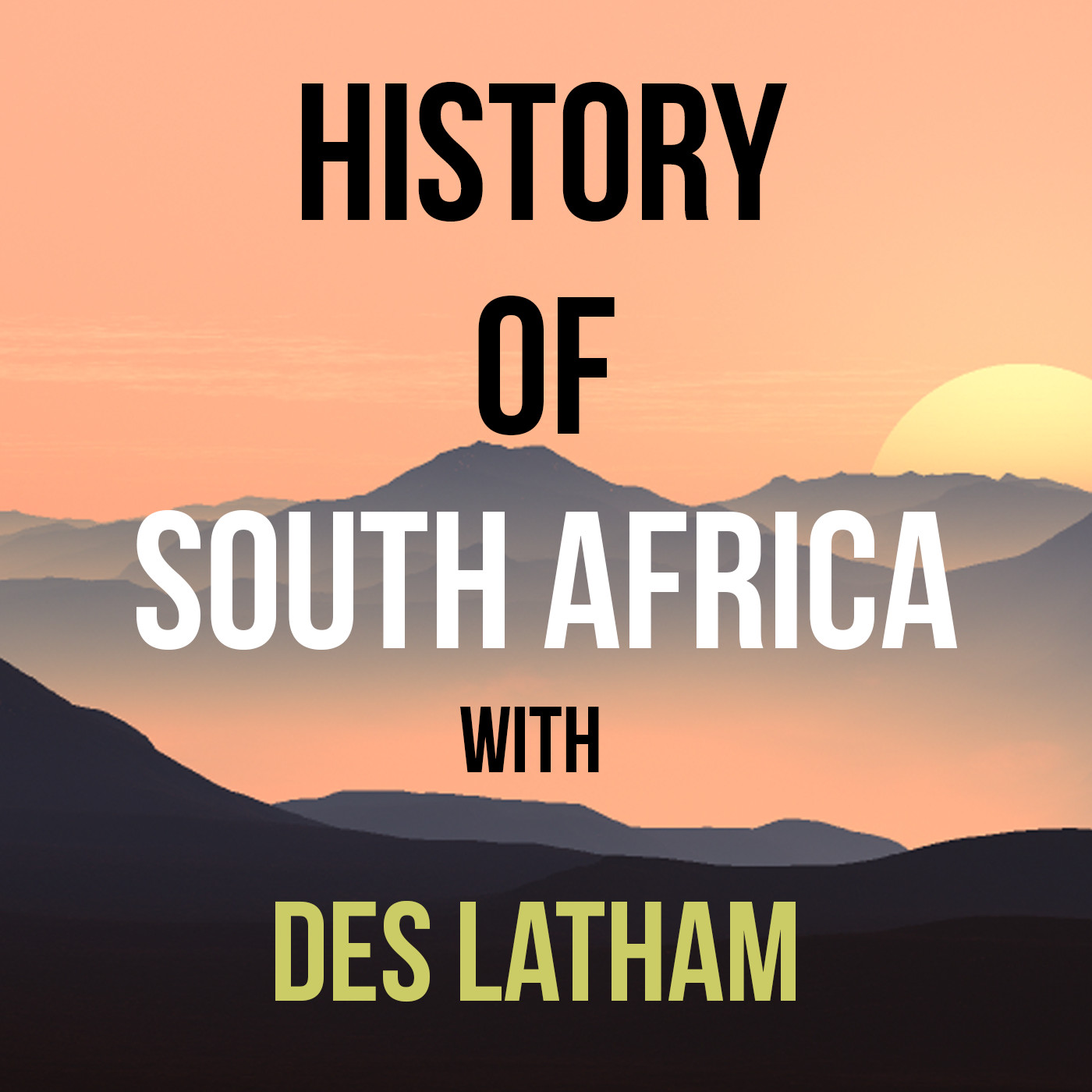- History
- SEE MORE
- classical
- general
- talk
- News
- Family
- Bürgerfunk
- pop
- Islam
- soul
- jazz
- Comedy
- humor
- wissenschaft
- opera
- baroque
- gesellschaft
- theater
- Local
- alternative
- electro
- rock
- rap
- lifestyle
- Music
- como
- RNE
- ballads
- greek
- Buddhism
- deportes
- christian
- Technology
- piano
- djs
- Dance
- dutch
- flamenco
- social
- hope
- christian rock
- academia
- afrique
- Business
- musique
- ελληνική-μουσική
- religion
- World radio
- Zarzuela
- travel
- World
- NFL
- media
- Art
- public
- Sports
- Gospel
- st.
- baptist
- Leisure
- Kids & Family
- musical
- club
- Culture
- Health & Fitness
- True Crime
- Fiction
- children
- Society & Culture
- TV & Film
- gold
- kunst
- música
- gay
- Natural
- a
- francais
- bach
- economics
- kultur
- evangelical
- tech
- Opinion
- Government
- gaming
- College
- technik
- Jesus
- Health
- movies
- radio
- services
- Church
- podcast
- Education
- international
- Transportation
- Other
- kids
- podcasts
- philadelphia
- Noticias
- love
- sport
- Salud
- film
- and
- 4chan
- Disco
- Stories
- fashion
- Arts
- interviews
- hardstyle
- entertainment
- humour
- medieval
- literature
- alma
- Cultura
- video
- TV
- Science
- en
Episode 116 - A murder most foul and the British wilt as the guerrilla war weakens resolve

April 1835 is passing swiftly, and still no sign of the 75 000 head of cattle demanded by the British of the amaXhosa - Hintsa remains a hostage of Benjamin D\u2019Urban, although it was Colonel Harry Smith who was looking after the king, as well as his son Sarhili and the king\u2019s brother Bhuru.
\n
\nD\u2019Urban had summarily annexed the troublesome region around the Stormberg mountains and all the way to the Kraai River in the north where 150 Boer families lived - they were now automatically members of the empire. They did not want to be and many would join a Great Trek being planned out of the Cape Colony.
\n
\nD\u2019Urban had also decided to annex the territory extending all the way to the Kei River for the British - and to allow the Mfengu to settle on some of this land as a buffer zone against the amaXhosa.
\n
\nBy advancing the Cape Colony\u2019s to the Kei, Sir Benjamin D\u2019Urban was making himself responsible for a huge chunk of southern African territory. At the time, his decision was welcomed by all settlers as well as the military.
\n
\nThe dark ravines of the Kei, these high redoubts where the amaXhosa had led the British army on a goose chase, were now within his control, so too the Amatola mountains, where Maqoma and Thyali the Xhosa chiefs had led him on a frustrating slow dance of frustration and angst. The folks who were much more uneasy about all of this was the British political establishment back home - wars cost money and the Frontier War was very expensive.
\nThe Mfengu were granted safe passage from Hintsa's TransKei into the Colony. Dozens of wagons trailed him, then came the 16 000 Mfengu on foot, driving 22 000 head of cattle and thousands more goats. Those sitting on the west bank of the Kei would have heard them first, because the mist was thick down along the river, and the Mfengu emerged from the cold dank whiteness, the dawn spectacle complete.
\n
\nMen ahead with the cattle, followed by the young boys who were shoeing the goats along, behind them the women and girls carrying their possessions on their heads - they crossed the river using long sticks to balance, and as they went they were singing a new song called Siya Emlungweni,
\n
\n\u201cWe are going to the land of the right people\u2026\u201d they sang, most believing they were going to be as independent as they had been before in northern Zululand before Zwide and Shaka\u2019s violence drove them away almost two decades earlier.
\n
\nWatching this jaw-dropping scene was British officer, Captain James Alexander, who wrote that as far as he was concerned,
\n
\n\u201cNothing like this has been seen, perhaps, since the days of Moses\u2026\u201d
\nColonel Smith headed off eastwards with his men, and with Hintsa, the king was supposed to direct the British soldiers to where the Settlers cattle could be found. Of course he was going to do nothing of the sort.
\n
\nBy daylight of the 12th May, Smith was beginning to smell a rat. Hintsa had been closely watched by the Corps of Guides, led by one of the more veld aware English settlers called George Southey - at one point another guide called Cesar Andrews had drawn his gun because Hintsa suddenly dismounted his horse and walked up a hill.